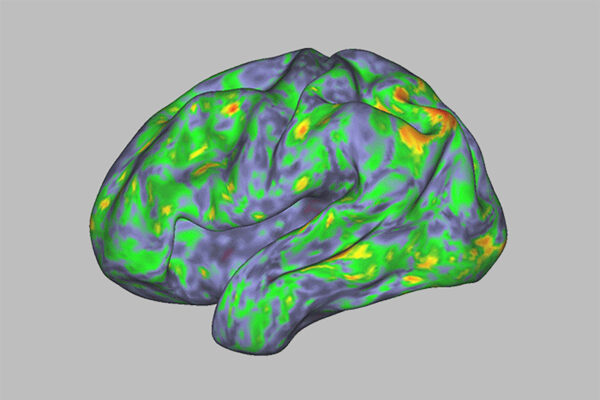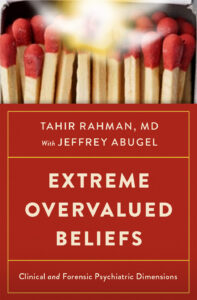Potential of mindfulness to enhance cognitive health in Latinx older adults being studied
WashU researchers have received a National Institutes of Health (NIH) grant to explore the potential for mindfulness approaches to protect against dementia in groups of older Latinx adults.
High stress during pregnancy linked to elevated cortisol in toddlers’ hair, study finds
A study conducted by Theresa Gildner, an assistant professor of biological anthropology in Arts & Sciences, suggests that prenatal depression can having a lasting impact on the mother’s child, influencing how he or she responds to stress.
Brain on psilocybin: study reveals psychedelic’s deep neural impact
A School of Medicine brain-imaging study on the effects of psilocybin, the active compound in magic mushrooms, provides a neurobiological explanation for the drug’s mind-bending effects.
Researchers find biological clues to mental health impacts of prenatal cannabis exposure
Researchers at Washington University have found some potential biological clues to explain how prenatal cannabis exposure leads to behavioral issues down the line.
Social workers key to psychedelic-assisted therapies
As psychedelic-assisted therapy gains mainstream acceptance, the role of social workers, who provide a significant portion of mental health services in the United States, will become increasingly important in this emerging field, says an expert on mental health in the Brown School.
New machine learning method can better predict spine surgery outcomes
Researchers at Washington University in St. Louis combine artificial intelligence and mobile health data to better predict recovery from lumbar spine surgery.
Extreme Overvalued Beliefs
Clinical and Forensic Psychiatric Dimensions
Riveting and surprising in its persuasive simplicity, Extreme Overvalued Beliefs makes a profound argument that most violent targeted attacks are incorrectly classified as motivated by delusions or obsessions. Drawing on exceptionally clear and vivid details of crimes such as the JFK assassination, Oklahoma City bombing, and the January 6th US Capitol attack, as well as the Sandy Hook and Uvalde school shootings, the monograph illuminates three easily understood cognitive drivers of targeted attacks, arguing that we must embrace these in order to thwart future incendiary acts.
Understanding how anxious misery affects brain networks aim of new grant
Janine Bijsterbosch, an assistant professor of radiology at the School of Medicine, is part of a team of five co-principal investigators studying how symptoms of depression, anxiety and stress — together known as anxious misery — affect functional brain networks. The team received a $3.6 million grant from the National Institute of Mental Health.
Happiness may protect against dementia
A sense of well-being can have a profound impact on health, especially for the aging brain. Higher levels of well-being have been robustly associated with a lower risk for future dementia, according to WashU psychology researchers who contributed to this year’s World Happiness Report.
Five factors to ensure an infant thrives
In new research published in JAMA Pediatrics, researchers at Washington University make the case that “thrive factors” are a key element of healthy human brain, behavioral and cognitive development. The five thrive factors include: environmental stimulation, nutrition, neighborhood safety, positive caregiving and regular sleep.
Older Stories









